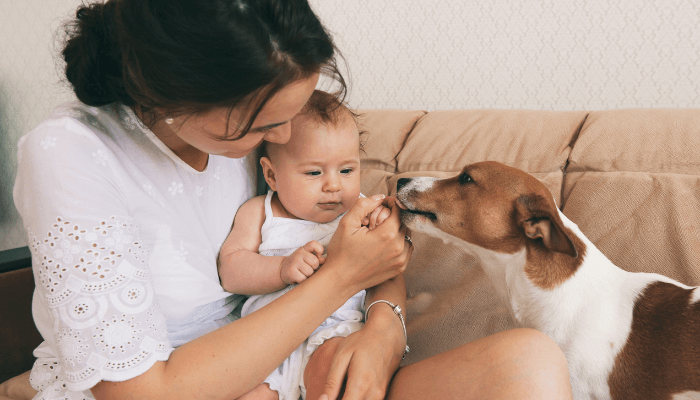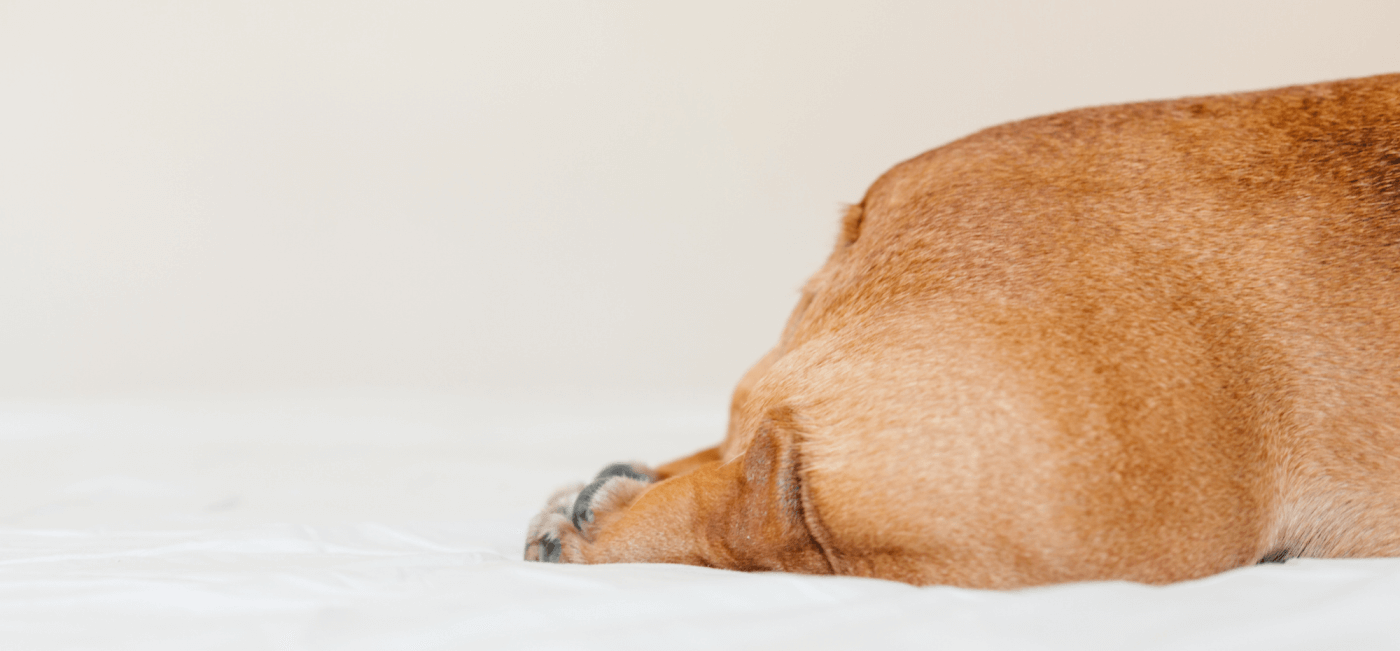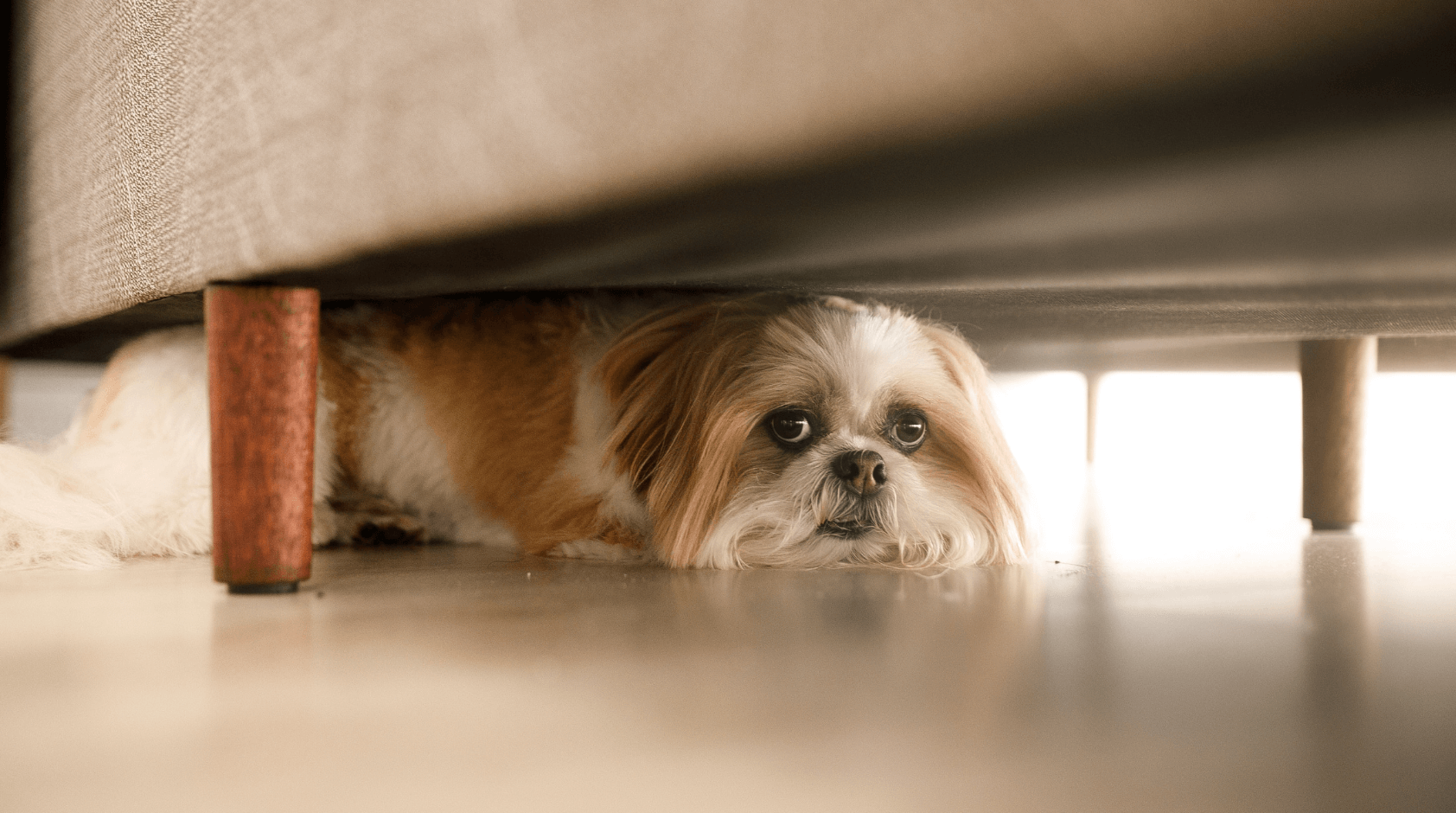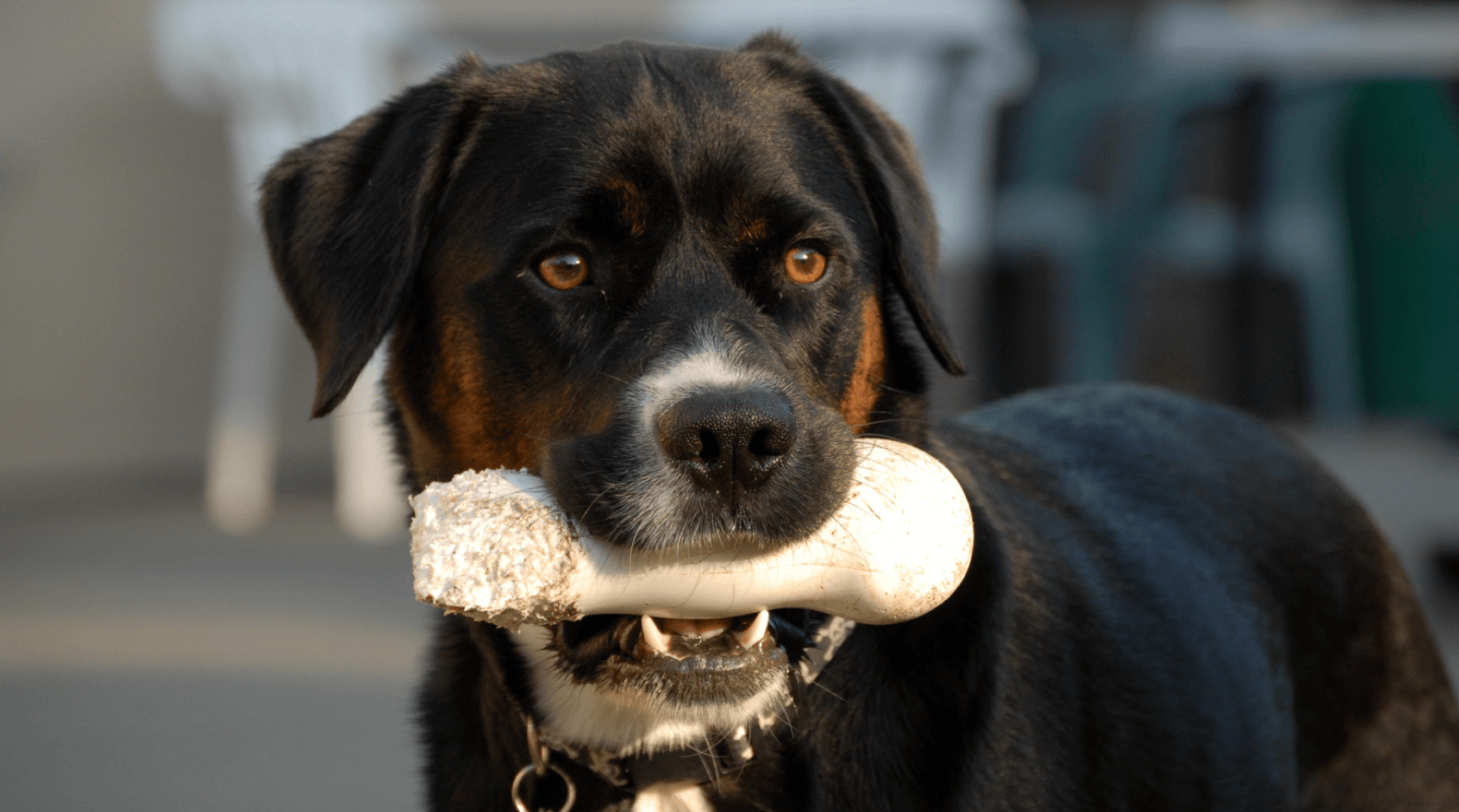This post is from Baby2Body, the #1 Pregnancy Wellness App for fertility, pregnancy, postpartum, and motherhood.
Embarking on the journey of building a family often follows a familiar script. First, you meet your partner, you move in together, and then eventually it’s time for marriage, but the idea of having children is still on the back burner. You like your independence, you love being just the two of you… but maybe there is room for a little furry friend to tag along on your adventures. Before you know you’ve got a pet to care for!
While this story may sound somewhat cliché, it's a pretty common way to grow your family. Though it introduces added responsibilities and expenses, the challenges pale in comparison to the complexities of raising a child. This gentle progression allows partners to acclimate to life as a couple before embracing the additional role of parents.
For many, dogs swiftly assume the role of pseudo-children. They become constant companions, accompanying their owners everywhere, indulged with treats and toys, and showered with abundant love and attention (and rightly so!). Eventually, the desire to expand the family further arises, prompting the decision to try for a baby. When you get that positive pregnancy test, you feel ecstatic (and maybe a little scared), and you excitedly begin to prepare for the new addition to your family.
Amidst the excitement, it becomes crucial not to overlook the impact on the beloved pets. The introduction of a newborn alters the environment significantly, inundating the dog with new stimuli. As routines shift, including those of the furry family member, a thoughtful approach is necessary.
Recognising the potential stress on pets, especially dogs, during this transition, we are sharing ten tips to facilitate a smoother adjustment for every member of the family, regardless of the number of legs.
10 tips for introducing your dog to your baby
1. Familiarise your pet with the baby's room
Create a nursery space, allowing your pet to explore and sniff around the new surroundings. Introduce them to the pram/stroller to avoid complications during future walks with both baby and pet, and you can even take a walk with your dog and an empty stroller to take that training one step further.
2. Establish a designated pet-only area
Acknowledge your pet's need for their own space by designating an area for eating, drinking, and resting. This not only provides them with comfort but also minimises disruptions during your baby-focused moments. Most importantly, make sure you encourage your pet to spend time there before baby arrives so they don’t feel a sudden shift!
3. Schedule a vet check-up
Ensure your pet is in good health and up-to-date on vaccinations to guarantee a safer environment for your baby and alleviate concerns during the post-birth months.
4. Utilise the baby-blanket trick
Introduce your pet to the baby's scent by giving them a blanket from the hospital. This helps them acclimate to the new family member without excessive curiosity or excitement when the baby first comes home.
5. Plan a gradual introduction
Take your dog for a walk before the initial meeting with your newborn to reduce excitement. Allow your pet to sniff the baby in a calm, familiar setting and reward positive behaviour with praise.
6. Stay calm yourself
Although you may be a little nervous about your pet getting too excited when you first come home with the baby, the best thing to do is… relax! Whoever is holding baby when you introduce your pet to them should be in a calm state, as it will also help keep your pet calm as they play off of the cues you give them.
7. Supervise
Never leave your pets unattended with your newborn. It’s always better to be safe than sorry and keep all interactions closely monitored.
8. Give your pup attention too
Our dogs love us unconditionally, and while you'll definitely be paying a lot of necessary and deserved attention to the baby, it's important to make your dog feel loved and included too.
9. Watch out for the warning signs
Barking, growling, hissing, and raising hackles are useful warning signs that your pet is uncomfortable. Don't forget that this is how your pet communicates to you, and focus on what you can do to help ease your pet's stress. Introduce your pet to your baby more slowly and if alarming behaviour persists, seek professional help.
10. Encourage a positive relationship
As your baby gets older, teach him/her to love and respect your pets, and not to bother them or yank at their tails or steal their toys! It's an incredible experience to watch baby and pet grow together, and gentleness and respect need to go in both directions!
Pets are an incredible way to bring out the nurturing side of children and it can be amazing to watch a sweet friendship evolve over time. Studies have also shown that babies who live with pets (especially dogs) have a better immune system than those who don’t. Most of all, pets make for early and interesting companions for your growing infant, and practicing a positive relationship with pets can boost a child’s self-esteem, responsibility, and respect for living things.
Looking for a human grade treat you can reward your pup with for their good behaviour?
£19.60
Provide all around support for you pup with our delicious vet-formulated supplement. No pills, powders or gloopy oils: just 100% plant-based chews dogs love to tackle the most common issues, before they arise.
240g / ~60 chews Recommended for all dogs… read more
All-In-One (Subscription)

£28.00



